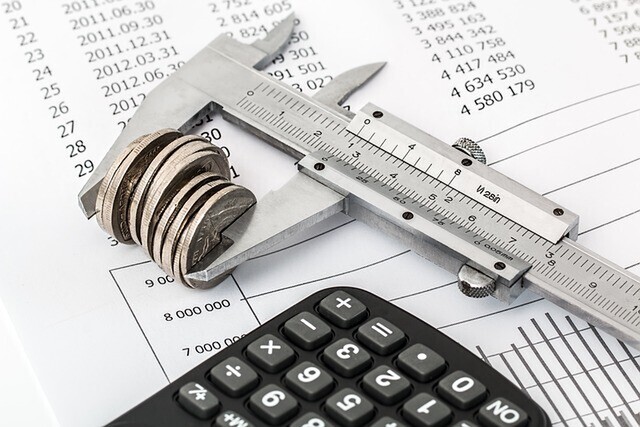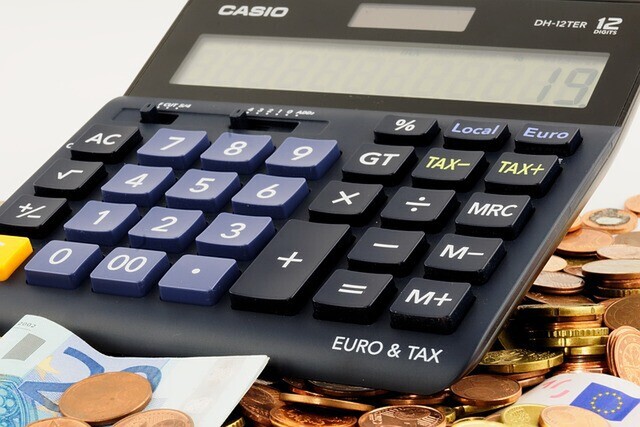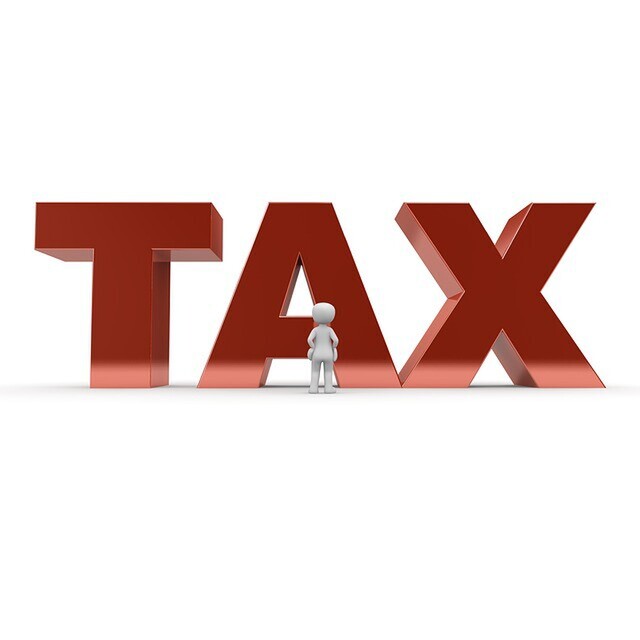As the owner-manager of a small limited company, taking a mixture of salary and dividends has been the most tax-efficient way of withdrawing money from the business for some time now.
As we covered in our blog ‘What is the best salary for a director in 2022?’, various shifts and changes in National Insurance allowances last year mean that the optimum salary for a director/shareholder is between £9,100 and £12,570.
This remains true in 2023/24, but talk to us to work out which number is best for you.
However, there has been a further reduction in the overall tax saving available to director/shareholders which was confirmed in this year's Budget, continuing a trend of reducing such advantages over the past few years.
2022 saw a whirlwind of changes as the country worked its way through three Prime Ministers and four Chancellors. This, coupled with the economic fallout of the various business support issues from COVID-19 resulted in various announcements, counter-announcements and reversals.
Once the dust had settled, the lay of the land was confirmed.
Shareholders were the only taxpayer class that would see their tax rates increase and tax allowances decrease.
This has angered many director/shareholders of small limited companies who feel that they were largely excluded from any meaningful support during COVID-19, and yet are being asked to pay for that support.
Dividend Allowance
Tax allowance reduced
Each UK taxpayer has an additional personal allowance in respect of dividend earnings - this is known as the Dividend Allowance (DA).
The standard annual tax allowance of £12,570 per person has been frozen for the 2023/24 tax year, while the additional £2,000 dividend allowance has been halved, and is set to half again.
This means that £2,000 of dividend income attracted £0 in tax in 2022/23, but now attracts tax of between £87.50 and £393.50.
The Dividend Allowance of £1,000 will be cut further next year, to just £500, meaning that the above-quoted tax charges will become £131.25 and £590.25 respectively.
Continuing to take the right salary/dividend mix remains the best option, depending on your circumstances.
Dividend tax increased
In addition to halving the dividend allowance, the rate of tax charged against dividends has increased.
The move to add 1.25% to the dividend tax rate was introduced to mirror the increase in National Insurance (NI) rates introduced in 2022 and was generally seen as being fair.
The increase in NI was subsequently reversed after seven months (it ran from 6 April 2022 - 5 November 2022). The increase in the dividend tax rate did not start until 5 April 2023, but there are no plans to reverse it after a similar time.
The increase in the dividend tax rate is permanent.
This means that the following rates apply for the tax year 2023/24.
Basic Rate taxpayer - 8.75% (up from 7.5%)
Higher rate taxpayer - 33.75% (up from 32.5%)
Additional rate taxpayer - 39.35% (up from 38.1%)
As corporation tax has also increased for some limited companies - see our blog ‘Is corporation tax going up?’ - it may be worthwhile contacting us to chat things through.
Talk to us
If you would like clear, concise, and easy to understand help and advice on any issues that you are concerned about, then you can contact us on 01474 326224. Alternatively, visit our website or email us info@atnpartnership.co.uk.




